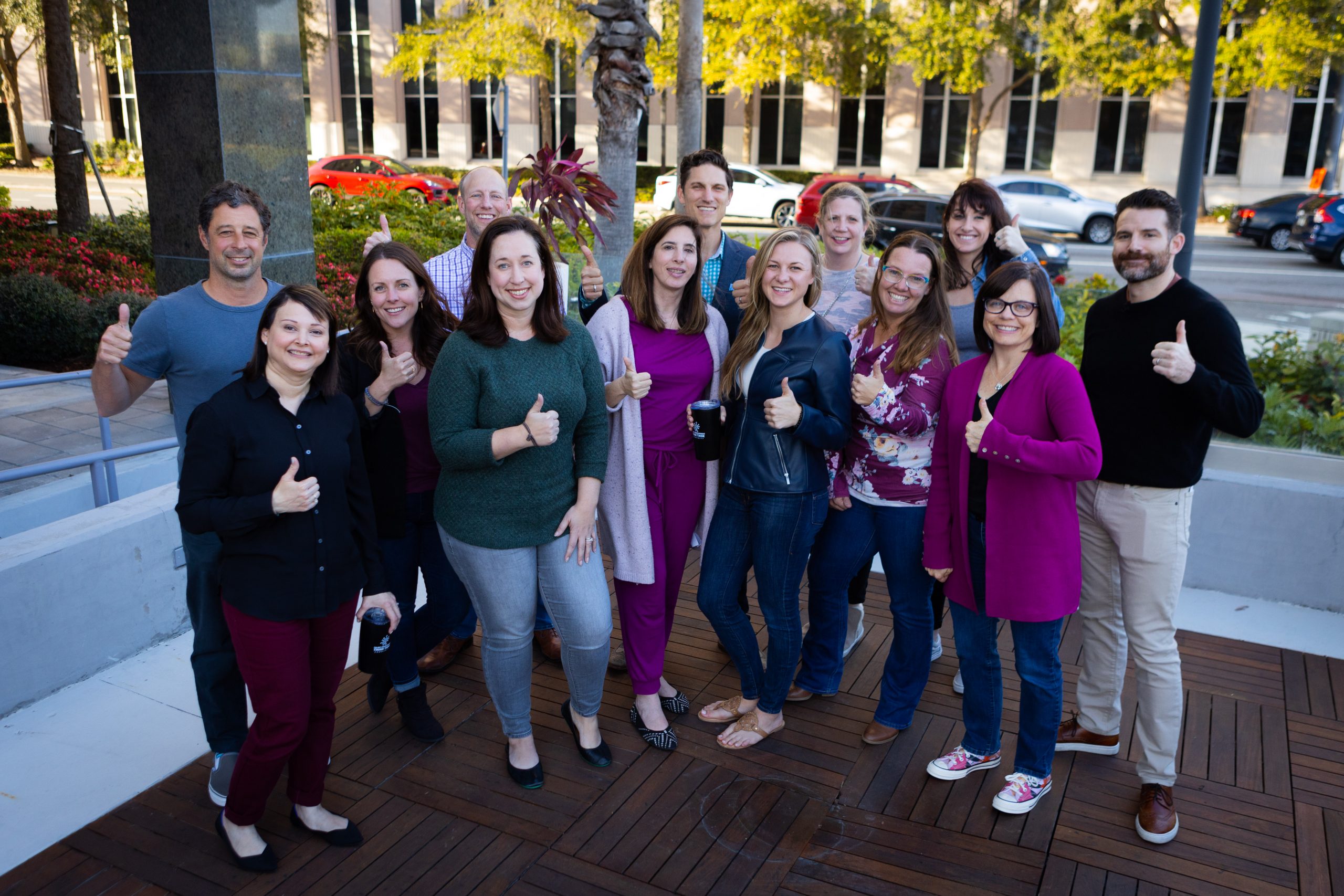Embarking on the journey from order-takers to pivotal business players in the world of Learning and Development (L&D) requires a strategic shift in mindset and approach. It's about transcending beyond the confines of reactive training delivery to becoming a proactive partner in driving organizational success.
Here's a step-by-step guide to navigate this transformative career path, as exemplified by Candice Mitchell, a seasoned L&D expert, in her conversation with podcast host Andy Storch on the Talent Development Think Tank.
Understand the Business
No longer can L&D professionals afford to work in silos, separate from the heartbeat of their businesses. Begin by gaining a deep understanding of the business operations, strategic goals, and pain points. Embrace the perspective of both leadership and frontline employees to truly comprehend their challenges and desires, as highlighted by Mitchell.
Build Relationships and Credibility
Forming strategic partnerships within the organization is critical. Start by networking and building relationships across different departments. As Mitchell indicates, it’s about earning credibility and acceptance within the new environment by showing genuine interest and willingness to listen and learn.
Shift the Conversation
Rather than simply fulfilling training requests, L&D professionals must learn to tactfully nudge conversations toward solving actual business problems. Use conversation guides and pointed questions to redirect discussions from surface-level symptoms to underlying business issues, as advised by Mitchell during the podcast.
Develop a Strategic Mindset
Adopt a forward-thinking approach by analyzing current organizational skills against industry trends and competitive landscapes. As Mitchell shared from her work experience, including a pioneering project in autonomous mining, it's about understanding the industry's impacts and strategically mapping out required skills.
Integrate Talent Development
Convey the value of L&D as a critical asset to the organization. Ensure that your role encompasses more than just training – it's about shaping an organizational culture focused on talent attraction, management, and strategic skill development. Partner with talent acquisition and talent management teams to recognize and cultivate the necessary competencies.
Embrace the Role of Business Player
Exhibit the traits of a strategic business player by embracing your expertise in succession planning and career pathing. Focus on the whole employee experience, from performance management to deliberate and integrated development processes.
Balance Taking Orders with Strategic Offering
While it might be tempting to rebuff simple training requests, it's essential to balance accepting initial orders with the ultimate goal of changing the organizational focus. As Mitchell advocates, take that order to gain trust, then over time shift the paradigm to address deeper business needs.
Advocate for Self and Professional Development
Just as Andy Storch reinforced the importance of personal branding and networking, it’s critical for L&D professionals to advocate for their own career progression. Seek mentors, invest in personal development, and intentionally build your professional reputation without veering into boastfulness.
Lead with Value
Showcase your worth not just through your L&D skills but by demonstrating a clear understanding of the business and strategic imperatives. Encourage young professionals to show up with a professional demeanor, a curious mind, and a penchant for asking thoughtful questions to sidestep imposter syndrome.
Plan for the Future
Finally, engage in continuous learning to keep your skills aligned with an ever-changing world, as Candice Mitchell continues to do. Anticipate future trends and skill needs, creating pathways for both individual and organizational learning that propel everyone towards success. In conclusion, embracing these steps can help L&D professionals evolve from being seen as mere order-takers to becoming indispensable business players who shape the talent development narrative within their organizations.
By applying strategies discussed by Candice Mitchell and Andy Storch, L&D expertise can catapult beyond the training room to encompass a broader, more integral role in business success.


